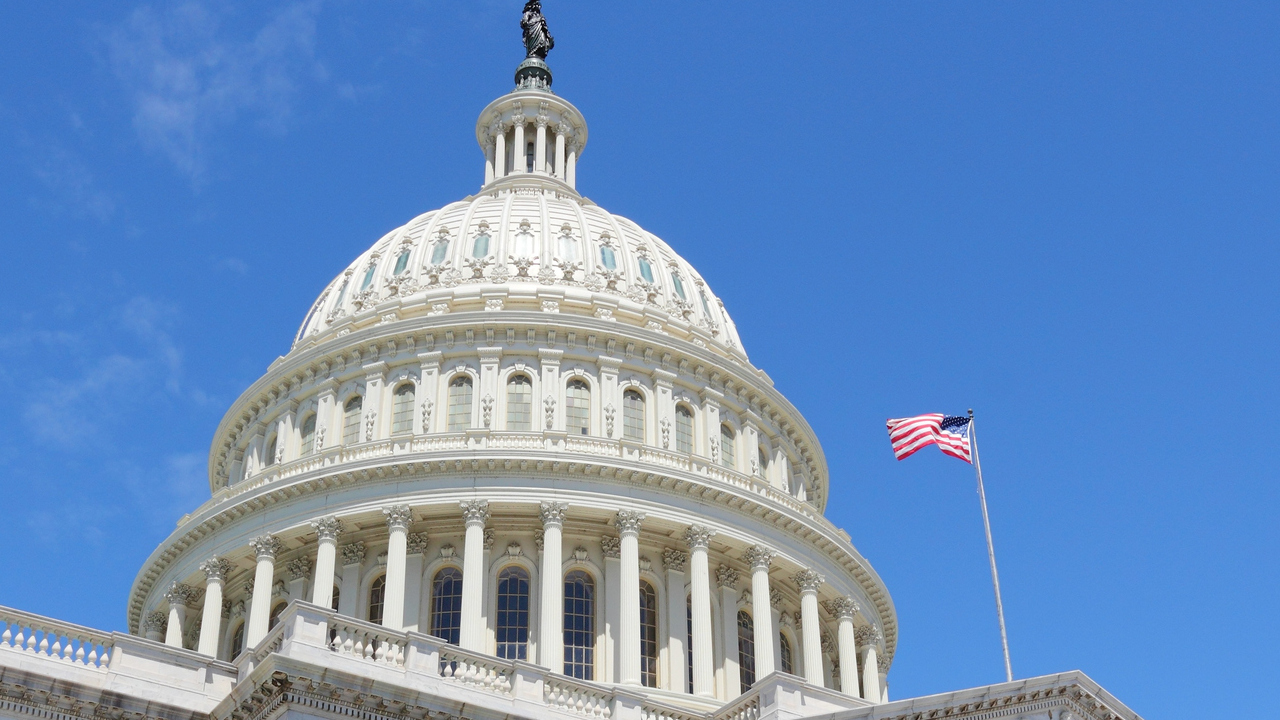Environmental, social, and governance (ESG) scores are the latest instrument by which a diverse group of influential global elites and international organizations are attempting to fundamentally restructure the global financial system and alter traditional methods of assessing financial risk. This attempted shift from “shareholder capitalism” to “stakeholder capitalism” hinges upon assigning companies, and soon individuals, arbitrarily determined ESG scores, which incorporate subjective and difficult-to-evaluate metrics assessing a firm’s commitment to climate and social justice issues.[1] Essentially, poorly scored companies receive lower ratings, and subsequently suffer from reduced access to capital, while highly scored companies benefit from substantial capital in-flows.[2] ESG’s metrics have ostensibly been designed to combat systemic global problems such as climate change, racial inequality, and world hunger—in alignment with the United Nations’ Sustainable Development Goals.[3] In reality, they centralize power and control in the hands of wealthy elites and globalist institutions, allowing them to dictate world affairs. Moreover, ESG metrics severely restrict economic and social opportunities for individuals and small businesses across the globe.
Below is a brief discussion of how ESG systems fundamentally alter free markets and the natural equilibrium of supply and demand.
Many ESG proponents claim measures enacted against ESG adoption run counter to free-market principles. In reality, the opposite is true. ESG is, by nature, a form of controlled capitalism. Some of the ways ESG destroys free markets are listed below.
- ESG is a prime example of crony capitalism. Its primary architects and benefactors are a conglomerate of asset management firms such as BlackRock, Vanguard, and State Street; financial institutions such as JP Morgan Chase and Bank of America, and insurance titans such as AXA, Allianz, and Zurich; international organizations such as the United Nations and the World Economic Forum; and governmental regulatory authorities like the U.S. Securities and Exchange Commission (SEC).[4] These firms are aided and abetted by elites within international organizations such as the United Nations and the World Economic Forum, central banks such as the U.S. Federal Reserve, and governmental regulatory bodies.[5] None of these elites are democratically elected. Yet, they want to determine whether individuals and companies prosper, based upon ESG’s subjective criteria.[6]
- ESG can only thrive because central banks have been printing money at an unprecedented rate. From March 2020 to January 2022, the Federal Reserve printed 80 percent of all U.S. dollars in existence.[7] This has given large corporations the financial cushion they need to pursue goals unrelated to turning a profit, and outside the natural law of supply and demand.
- The heavily regulated banking and financial industries do not operate as free markets. Banks, corporations, and investment companies are essentially creations of government, enjoying privileges including special tax rates, employment laws, and liability protections, in addition to lucrative government contracts. ESG systems allow financial elites to discriminate against individuals who directly support their existence by paying taxes.
- This discrimination can take myriad forms, and directly contradicts fundamental rights enshrined within the U.S. Constitution. For example, whether or not a company is a profitable enterprise, its ESG credit score could be downgraded if its ethnic employee ratio does not adhere to ESG mandates. Moreover, ESG destroys an individual’s opportunity for advancement based upon demonstrated merit and capability, while instead focusing upon one’s arbitrarily determined social group. This fundamentally undermines free markets and leads to inefficient business practices.
- Many of ESG’s core metrics are designed to bring the world closer to net-zero carbon emissions. This has had drastic economic consequences all around the world, especially during a time when energy prices have skyrocketed. Further, due to these climate goals, many coerced corporations have announced full transitions away from carbon dioxide emitting practices, which continues to reduce the supply of everything including food, non-electric cars, and energy, to name only a few. Robust demand remains for such products; however, supply is being artificially choked off, altering natural market equilibrium.
ESG is the epitome of crony capitalism and therefore the enemy of free-market capitalism. It is an economic system designed to be controlled by wealthy and powerful elites, who care nothing for individual rights or democratic processes. In the end, they are simply using ESG to accumulate more wealth and power.
[1] For more information, see: Justin Haskins and Jack McPherrin, “Understanding Environmental, Social, and Governance (ESG) Metrics: A Basic Primer,” The Heartland Institute, January 26, 2022, https://www.heartland.org/publications-resources/publications/understanding-environmental-social-and-governance-esg-metrics-a-basic-primer
[2] Mark Bergman et al., “Introduction to ESG,” Harvard Law School Forum on Corporate Governance, August 1, 2020, https://corpgov.law.harvard.edu/2020/08/01/introduction-to-esg
[3] United Nations, “Sustainable Development,” Department of Economic and Social Affairs, accessed July 12, 2022, https://sdgs.un.org/goals
[4] For more information about these companies and their integrative approach, see: Justin Haskins and Jack McPherrin, “Understanding Environmental, Social, and Governance (ESG) Metrics: A Basic Primer,” and Glasgow Alliance for Net Zero, “Membership,” Retrieved August 15, 2022, from https://www.gfanzero.com/membership/
[5] Ibid; For more discussion about the role of the SEC in particular, see: The Heartland Institute, “ESG Scores: The Role of the U.S. Securities and Exchange Commission,” August, 2022, https://www.heartland.org/_template-assets/documents/PolicyTipSheetESG2.pdf
[6] For a brief discussion of these criteria and their negative effects upon individual rights, see: The Heartland Institute, “ESG Scores: A Simple Breakdown of its Components,” August, 2022, https://www.heartland.org/_template-assets/documents/PolicyTipSheetESG1.pdf
[7] The Free Thought Project, “80% of All US Dollars in Existence Have Been Printed in Just the Last Two Years,” January 20, 2022, https://thefreethoughtproject.com/the-state/80-of-all-us-dollars-in-existence-have-been-printed-in-just-the-last-two-years
Jack McPherrin (jmcpherrin@heartland.org) is a managing editor of StoppingSocialism.com, research editor for The Heartland Institute, and a research fellow for Heartland's Socialism Research Center. He holds an MA in International Affairs from Loyola University-Chicago, and a dual BA in Economics and History from Boston College.






